BMW: A Legacy of Innovation, Performance, and Luxury
BMW, short for Bayerische Motoren Werke AG, is a German multinational corporation that has become synonymous with luxury automobiles, motorcycles, and high-performance engines. Founded in 1916, BMW has a rich history of innovation, engineering excellence, and a commitment to quality that has made it one of the most revered brands in the automotive industry. In this comprehensive article, we will delve into the evolution of BMW, its iconic models, technological advancements, motorsport heritage, and its enduring influence on the automotive world.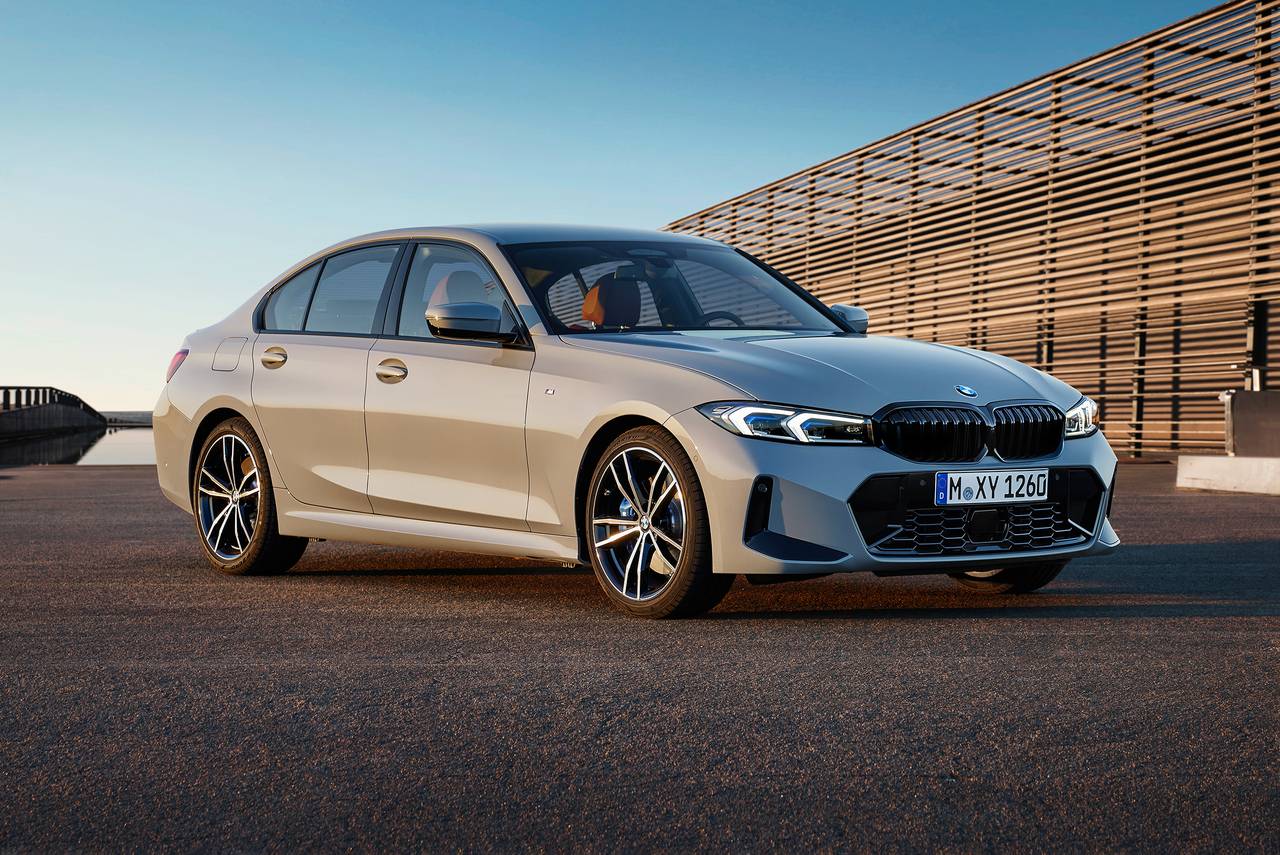 Origins and Early Years
Origins and Early Years
BMW traces its roots back to the early 20th century when it was initially established as an aircraft engine manufacturer known as Bayerische Flugzeugwerke AG (Bavarian Aircraft Works). Under the leadership of Karl Rapp and Gustav Otto, the company produced engines for the German military during World War I. In 1917, the company was renamed Bayerische Motoren Werke (BMW) GmbH, and its focus shifted to the production of engines for motorcycles and automobiles.
In the years following World War I, BMW faced financial challenges and underwent several ownership changes. However, under the leadership of Franz Josef Popp, Max Friz, and Camillo Castiglioni, BMW began to regain its footing and establish itself as a leading manufacturer of luxury automobiles and motorcycles.
Rise to Prominence In the 1930s, BMW solidified its reputation for engineering excellence and innovation with the introduction of several iconic models. The BMW 328, unveiled in 1936, was a breakthrough in automotive design, featuring a lightweight chassis, aerodynamic bodywork, and advanced engineering that made it a formidable competitor on the racing circuit.
In the 1930s, BMW solidified its reputation for engineering excellence and innovation with the introduction of several iconic models. The BMW 328, unveiled in 1936, was a breakthrough in automotive design, featuring a lightweight chassis, aerodynamic bodywork, and advanced engineering that made it a formidable competitor on the racing circuit.
During World War II, BMW's production facilities were repurposed to manufacture aircraft engines for the German Luftwaffe. After the war, BMW faced significant challenges, including the dismantling of its factories and the loss of its pre-war production capabilities. However, the company persevered and resumed production of motorcycles and automobiles in the post-war era.
The "New Class" and the Birth of the BMW 3 Series
In the 1960s, BMW faced financial difficulties once again and was on the brink of bankruptcy. However, a new generation of leaders, including Herbert Quandt and Eberhard von Kuenheim, initiated a turnaround strategy that would transform BMW into a global automotive powerhouse.
Central to this strategy was the introduction of the "New Class" of compact sedans, which included the BMW 1500, 1600, and 2000 models. These vehicles, renowned for their sporty performance, precise handling, and elegant design, revitalized BMW's product lineup and laid the foundation for the company's future success.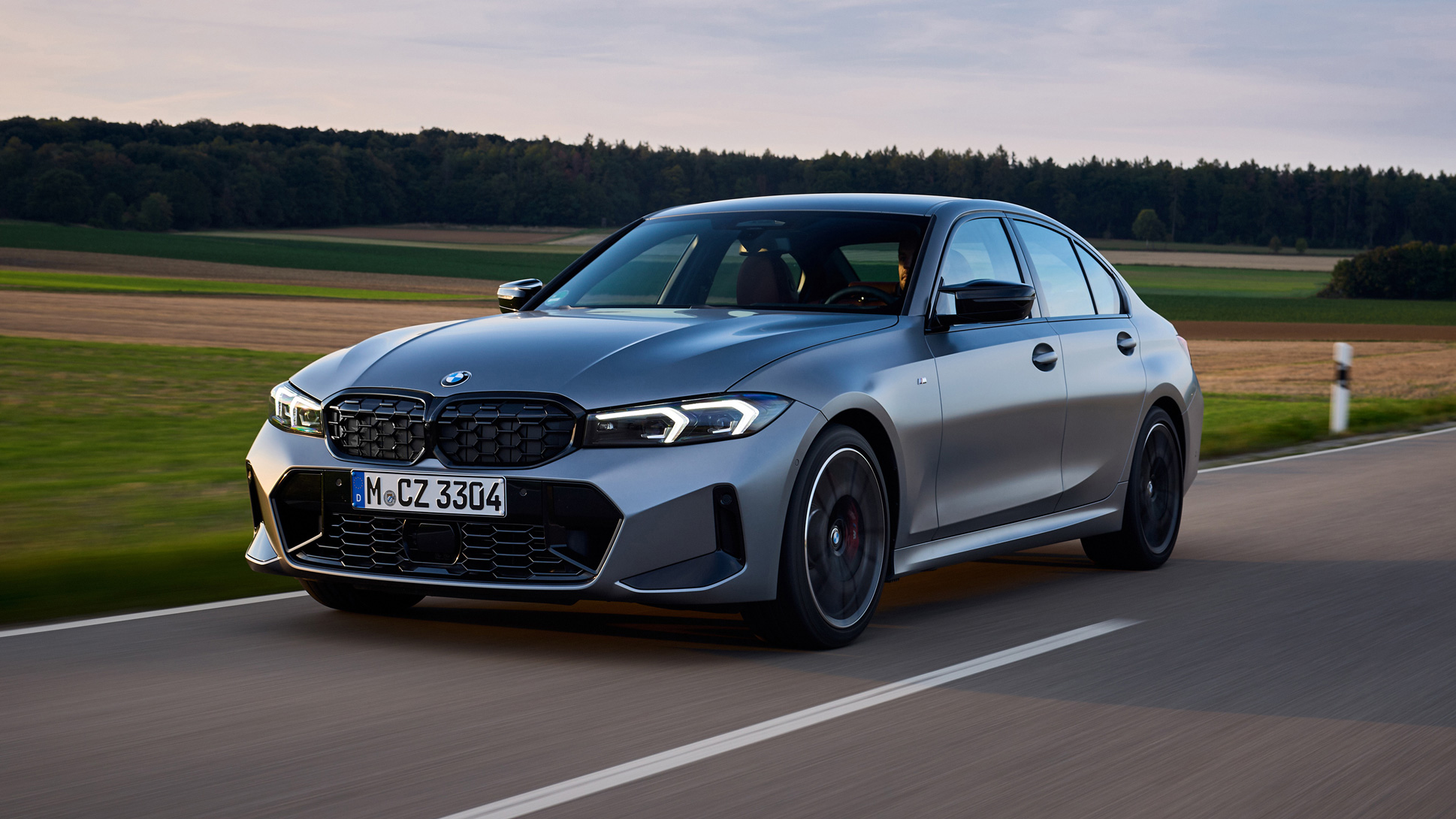 In 1975, BMW introduced the first generation of the BMW 3 Series, a compact executive car that would become one of the most successful and enduring models in the company's history. Characterized by its dynamic driving experience, refined interior, and timeless design, the BMW 3 Series has become synonymous with the BMW brand and continues to set the standard for luxury sports sedans.
In 1975, BMW introduced the first generation of the BMW 3 Series, a compact executive car that would become one of the most successful and enduring models in the company's history. Characterized by its dynamic driving experience, refined interior, and timeless design, the BMW 3 Series has become synonymous with the BMW brand and continues to set the standard for luxury sports sedans.
Expansion and Diversification
Throughout the late 20th and early 21st centuries, BMW expanded its product portfolio to include a diverse range of vehicles, from luxury sedans and coupes to SUVs, sports cars, and electric vehicles. Notable models include the BMW 5 Series, 7 Series, X Series, Z Series, and the innovative i Series of electric and plug-in hybrid vehicles.
In addition to its automotive business, BMW has diversified into other areas, including motorcycles, motorsport, and advanced technology solutions. BMW motorcycles, known for their performance, reliability, and distinctive styling, have earned a loyal following among enthusiasts around the world. Meanwhile, BMW's motorsport division has achieved success in various racing series, including Formula One, touring car racing, and endurance racing, further enhancing the brand's reputation for performance and innovation.
Technological Innovation and Sustainable Mobility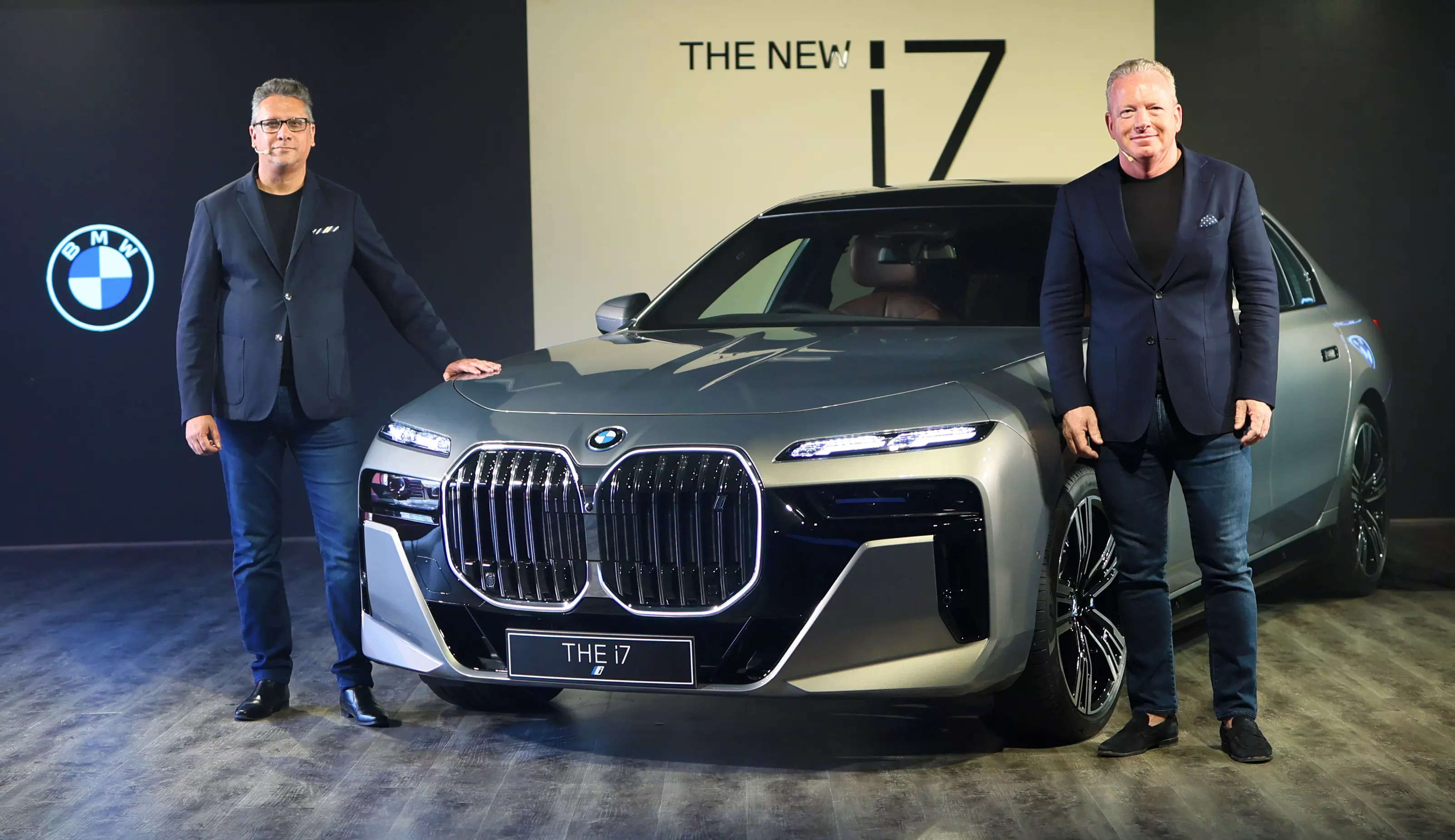
The BMW i Series, launched in 2013, represents the company's vision for sustainable mobility, featuring electric and plug-in hybrid drivetrains, lightweight construction materials, and cutting-edge technologies designed to enhance efficiency and reduce environmental impact. Models such as the BMW i3 and i8 showcase BMW's expertise in electric mobility and its dedication to shaping the future of transportation.
Motorsport Success and Legacy
BMW's involvement in motorsport has been a cornerstone of its brand identity and success. From Formula One to touring car racing and endurance events like the 24 Hours of Le Mans, BMW has a rich motorsport heritage that spans decades.
In Formula One, BMW enjoyed success as an engine supplier before returning to the sport as a constructor in the early 2000s. Partnering with WilliamsF1, BMW powered the team to numerous victories and podium finishes, including a memorable victory at the 2008 Canadian Grand Prix with Robert Kubica behind the wheel. Though BMW later withdrew from Formula One as a constructor, its legacy in the sport remains indelible.
BMW's touring car racing success is equally impressive, with notable achievements in series such as the Deutsche Tourenwagen Masters (DTM) and the British Touring Car Championship (BTCC). BMW drivers have clinched multiple championships and race wins, showcasing the brand's commitment to performance and competition.
Additionally, BMW's participation in endurance racing, including events like the 24 Hours of Le Mans and the 24 Hours of Nürburgring, has yielded podium finishes and class victories. These endurance events test the limits of both man and machine, highlighting BMW's engineering prowess and reliability under extreme conditions.
The Dawn of Electric Mobility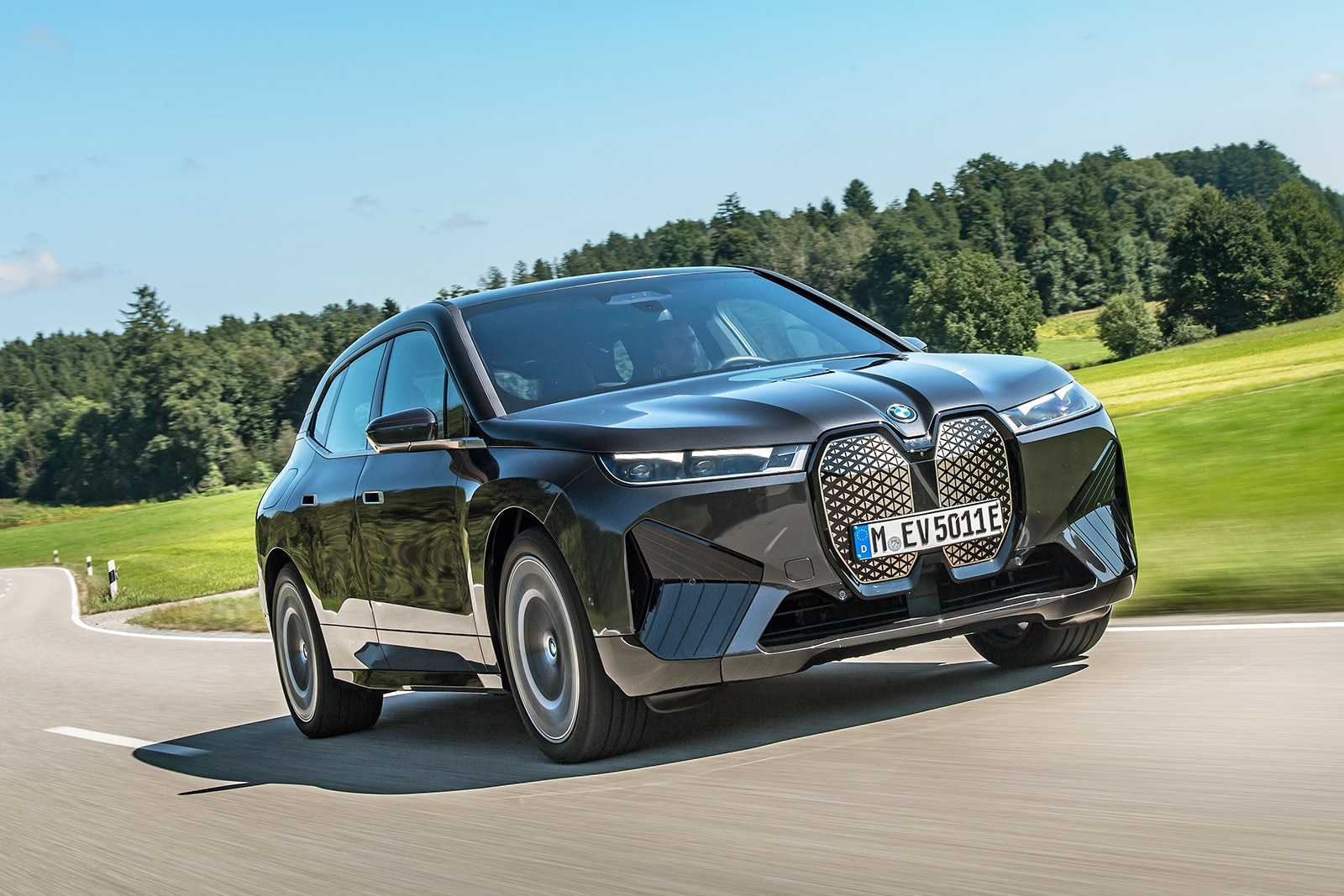 As the automotive industry evolves, BMW has embraced the shift towards electric mobility and sustainable transportation. The BMW i Series, launched in 2013, represents a bold step forward in this direction, with innovative electric and plug-in hybrid vehicles designed to meet the demands of a changing world.
As the automotive industry evolves, BMW has embraced the shift towards electric mobility and sustainable transportation. The BMW i Series, launched in 2013, represents a bold step forward in this direction, with innovative electric and plug-in hybrid vehicles designed to meet the demands of a changing world.
The BMW i3, a compact electric city car, boasts a lightweight carbon fiber chassis, advanced battery technology, and emissions-free driving performance. With its futuristic design and eco-friendly credentials, the i3 has garnered praise for its innovative approach to urban mobility.
On the other end of the spectrum, the BMW i8 showcases the brand's commitment to high-performance electric and hybrid technology. Combining a powerful electric motor with a turbocharged gasoline engine, the i8 delivers exhilarating performance while minimizing environmental impact. Its futuristic design, innovative drivetrain, and cutting-edge technology have solidified its status as a pioneering sports car for the electric age.
Future Innovations and Challenges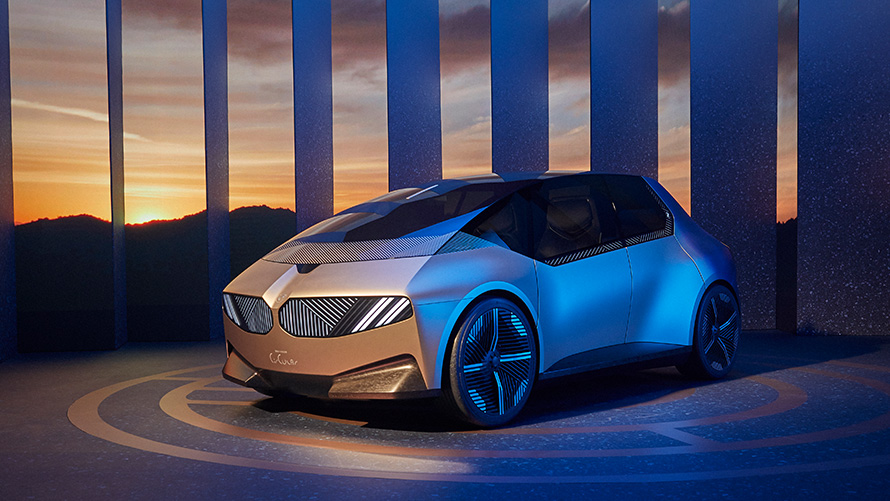 Looking ahead, BMW faces a landscape of evolving challenges and opportunities in the automotive industry. The rise of autonomous driving technology, electric mobility, and connectivity present both challenges and opportunities for BMW as it navigates a rapidly changing market.
Looking ahead, BMW faces a landscape of evolving challenges and opportunities in the automotive industry. The rise of autonomous driving technology, electric mobility, and connectivity present both challenges and opportunities for BMW as it navigates a rapidly changing market.
Autonomous driving technology promises to revolutionize the way we travel, offering increased safety, convenience, and efficiency on the road. BMW has already made strides in this area with features like semi-autonomous driving assistance systems and advanced driver-assistance technologies. However, the transition to fully autonomous vehicles presents regulatory, technological, and ethical challenges that must be addressed.
Electric mobility, meanwhile, continues to gain momentum as governments, consumers, and manufacturers prioritize sustainability and environmental responsibility. BMW's commitment to electric mobility is evident in its expanding lineup of electric and plug-in hybrid vehicles, as well as its investments in battery technology and charging infrastructure.
Conclusion: A Legacy of Excellence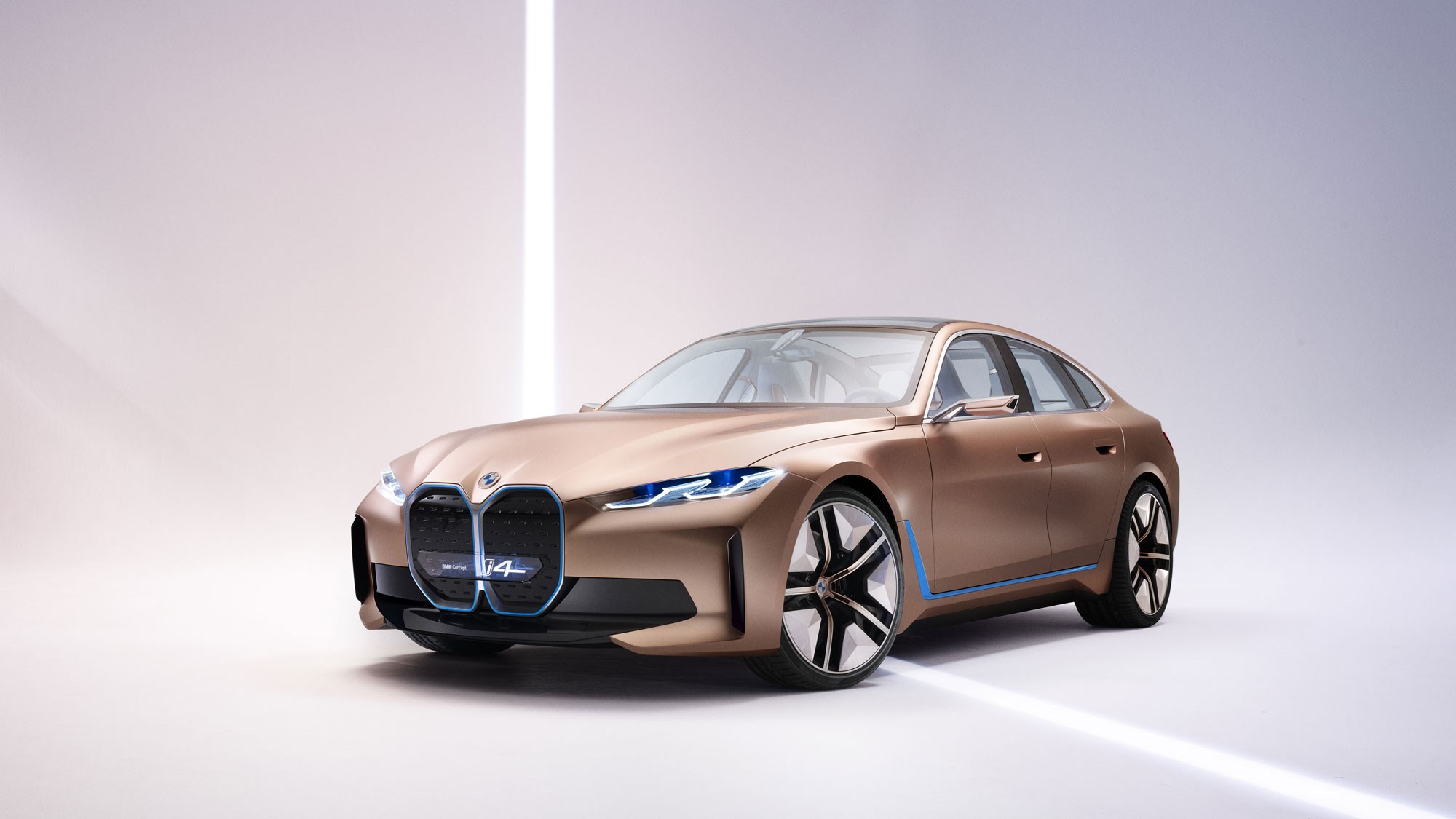 In conclusion, BMW's legacy of innovation, performance, and luxury has cemented its position as one of the world's premier automotive brands. From its humble beginnings as an aircraft engine manufacturer to its current status as a global powerhouse in the automotive industry, BMW has consistently pushed the boundaries of what is possible on the road.
In conclusion, BMW's legacy of innovation, performance, and luxury has cemented its position as one of the world's premier automotive brands. From its humble beginnings as an aircraft engine manufacturer to its current status as a global powerhouse in the automotive industry, BMW has consistently pushed the boundaries of what is possible on the road.
With a focus on engineering excellence, cutting-edge technology, and a commitment to sustainability, BMW is poised to continue shaping the future of mobility for years to come. Whether through its iconic vehicles, motorsport success, or pioneering efforts in electric mobility, BMW embodies the spirit of automotive excellence and continues to inspire drivers around the world.





































